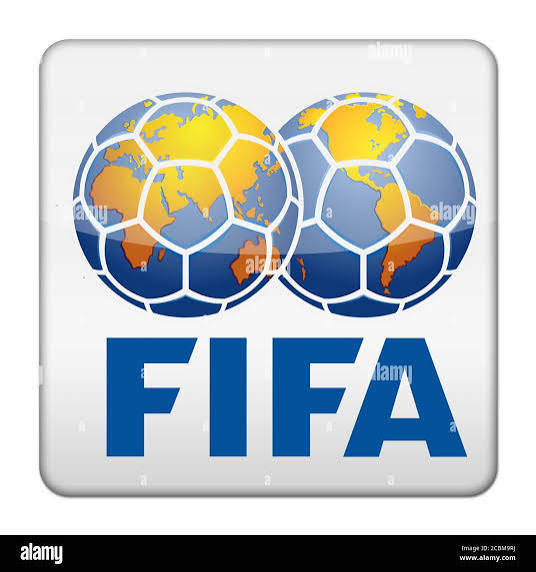
Chijioke Gabriel
When FIFA announced on Tuesday that it would increase its Club Benefits Programme to $355 million (300 million euros) for the 2026 World Cup, it was more than just a headline about global football finances. For Nigerian clubs, the decision could open new streams of revenue and reshape how domestic teams value their role in producing international players.
From $209m in 2022 to $355m in 2026
At the 2022 World Cup in Qatar, FIFA distributed $209 million to 440 clubs across 51 countries, compensating them for releasing players. This time, the figure has been raised by 70 percent. Crucially, FIFA will now also pay clubs for players who take part in qualifiers, even if they do not eventually appear at the expanded 48-team tournament in the USA, Canada, and Mexico.
That change is particularly significant for African clubs, including Nigeria’s, which supply talent to both national teams and the global transfer market.
Potential Earnings for Nigerian Clubs
Although exact figures depend on how many Nigerian players are registered in qualifiers and at the tournament, projections suggest local clubs could finally see direct financial benefits from nurturing talent:
Enyimba International FC – Historically Nigeria’s most successful club, with several Super Eagles alumni, stands to benefit if any of their current or recently transferred players are involved.
Shooting Stars, Rangers International, Plateau United, Kano Pillars – All of these clubs, known for producing national-team players, could now claim compensation for their contribution.
Even lower-league academies and feeder teams may qualify if their players are called up for qualifiers, giving grassroots football a potential financial lifeline.
Why This Matters for Nigeria
The Nigerian league has long struggled with funding gaps, player migration, and poor infrastructure. While European clubs profit from Nigerian talent after transfers, domestic sides often see little reward for developing them. This new FIFA policy could:
Inject much-needed revenue into Nigerian clubs.
Encourage teams to invest more in youth academies and player welfare, knowing there’s a return if those players make it into the qualifiers.
Reduce the financial pressure that often forces clubs to sell players abroad too early.
Voices from FIFA and ECA
FIFA president Gianni Infantino called the expanded programme a recognition of clubs’ “huge contribution” to global football. Similarly, ECA president Nasser al-Khelaifi stressed that clubs remain the foundation of national team success.
For Nigerian clubs, those words translate into long-overdue recognition that could strengthen the domestic league if properly managed.
Looking Ahead
With the Super Eagles almost certain to feature prominently in the 2026 World Cup qualifiers, Nigerian clubs are set to be part of this windfall. The real test, however, lies in whether the Nigeria Football Federation (NFF) and club administrators can ensure these funds are transparently managed and reinvested into the local game.
If well harnessed, FIFA’s $355m programme could mark the beginning of a new era where Nigerian football not only produces talent for the world but also reaps tangible benefits at home.
